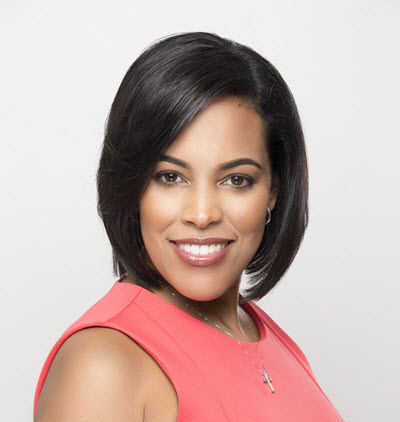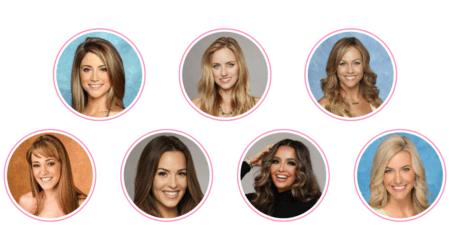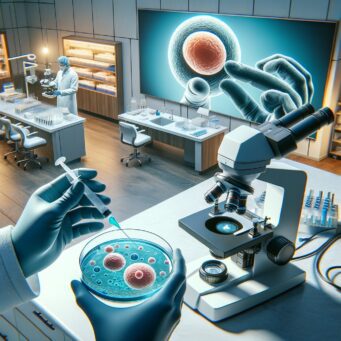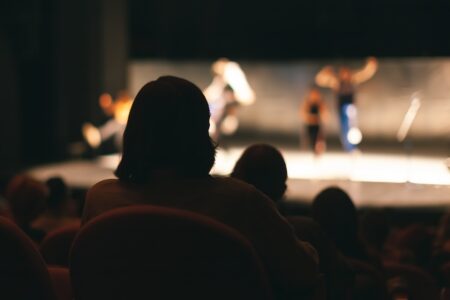
An Interview with Eloise Drane on Being an Egg Donor (Part I)
Eloise Drane knows a lot about infertility, but not because she has experienced it herself. For over two decades, she has helped countless women and men create their families with the help of egg donation and surrogacy.
We spoke with Eloise about why she was inspired to be an egg donor and a surrogate, and what advice she has for people on both ends of this process.
How did you get involved as an egg donor and a surrogate? What came first?In 1998, I gave a kidney to my cousin, who lived in California. At this time, in California, I saw an ad to be an egg donor. I already had three young children and thought, “This could be something I can do.” I was fresh out of surgery at this point, and it wasn’t an option; but I stored the idea in the back of my mind.
About a year and half later, I remembered the ad. I looked up the agency in California and reached out to them. I assumed I couldn’t donate since I was now in Georgia, where I lived, and not in California. The agency told me that someone can donate from any state; but the problem was that I was African American. In their words, “This group of women don’t have fertility issues.” (Keep in mind this was in era during which time you couldn’t find a lot of information online.) I told them that I’d apply to be a donor and should they have anyone, they could keep me posted. About 9 or 10 months later, someone in Michigan was interested in working with me and I said yes.
What was your first experience as an egg donor like?
My first time was actually a horrible experience! (By the way, this agency isn’t around anymore.) They sent me the medications, told me what to do, had me monitored at a local clinic and bought my tickets to fly out to Michigan over Labor Day weekend in 2000. The nurse picked me up from the airport, dropped me off at a hotel and picked me up the next morning. They retrieved 27 eggs and had me rest for 40 minutes. After that, they dropped me off at the hotel and told me to take a taxi to the airport and go home the next day. I didn’t think that would be the experience, and I thought I’d never do it again. I had so many eggs retrieved, thank God I didn’t hyper-stimulate.
What made you become an egg donor again?
After the first initial one, I knew that if I was going to do it again, it should be different. I didn’t want it to be the way it was before. I didn’t know what else could be out there, but I knew that I didn’t want that experience again.
I’m a spiritual person. I feel we’re all here to serve one another in some capacity, though I didn’t really know this at the time. When I first was a donor, I was still young (in my early 20s), and just felt it was something I wanted or needed to do. (Keep in mind, I had also been a kidney donor prior to being an egg donor.)
Now, knowing that I’m a spiritual person and my faith and beliefs are at the forefront of everything I do, I feel that this was my calling. So, I can explain to you now that this is my purpose and something I’m here to do. A lot of people don’t understand it. But different things over my lifetime have proved to me that this is what I’m meant to do.
I’ve met my egg donor babies. There’s even one who looks just like me. The only anonymous donation I did was the first one.
Two years after the first (bad) experience, I came across a classified ad for a site where you put in your information. I tried it and within hours, I was inundated by African American applicants. So, I went ahead and matched with a family in New Jersey and it was a totally different experience than the first time. After I cycled for them, I got another email from another family and did for them.
What’s your relationship to the donor children and their families?
Between 2000-2005, I did a total of six rounds of egg donations. I did it twice for the same family.
I’ve met my egg donor babies. There’s even one who looks just like me. The only anonymous donation I did was the first one.
I don’t have a relationship with donor children. I have a relationship with the donor children’s parents. I’m still close with one of the women and we talk often. There’s another one I have a good relationship with, as well. In some cases, like with one family I worked with as a donor, I’ll get a card from them every Christmas. So, I definitely have a relationship with the parents of the donor children.
How did you balance your role as a parent to your own children with being an egg donor?
My appointments were early in the morning and my kids were going to school. My youngest, my daughter, was in daycare. I’d drop my kids off, go for monitoring and then go to work. It was manageable. I gave myself the (fertility) shots.
I was open with my own children about what I was doing. They know that I have egg donor babies, and we’ve talked about it often. They’re not ashamed or embarrassed by it. In fact, I have a daughter who is 20 and who has expressed interest in donating, as well.
How have things changed for egg donors since you first did it almost 20 years ago?
So many things have changed since I did it! First of all, the number of women who are willing to be donors has drastically changed. People don’t judge donors, or people who work with donors, as they used to. Of course some people still do, but not like before. Now you can go online and find other women who have been donors, you can find many agencies and a lot more information. In the late 1990s when I first applied to be an egg donor, there was none of this support or information, and that was really important to me.
Any advice to women thinking of becoming egg donors?
If I meet a prospective donor who is coming in to my agency (Family Inceptions) and her thought is, “Well I’m okay with giving away my child…” then I tell her that she shouldn’t be a donor. If you think like that, I don’t agree with your perspective.
As a donor, you’re giving away your DNA. This child who is born from your donor egg is not your child. At the end of the day, it’s not whose DNA that makes a parent, who is parenting a child is the parent. It’s just like if someone goes through adoption. This is what I think egg donors must understand.
Donors are making a sacrifice and one day they may walk down the street and see a person whose DNA is the same as theirs. They have to decide: are they going to be okay with that? I’m friends with my IPs (intended parents) and they post pictures all the time on Facebook. Sometimes their kids look just like me. One, in particular, really looks like me. But, I have no connection to this child, because she is not mine. She looks like me, but she’s my friend’s child. Mine are the four that I raised and that I’ve taken care of.
Stay tuned for PART II of our interview, on why Eloise decided to become a surrogate, and what advice she has for people pursuing this path.

Listen to stories, share your own, and get feedback from the community.


















